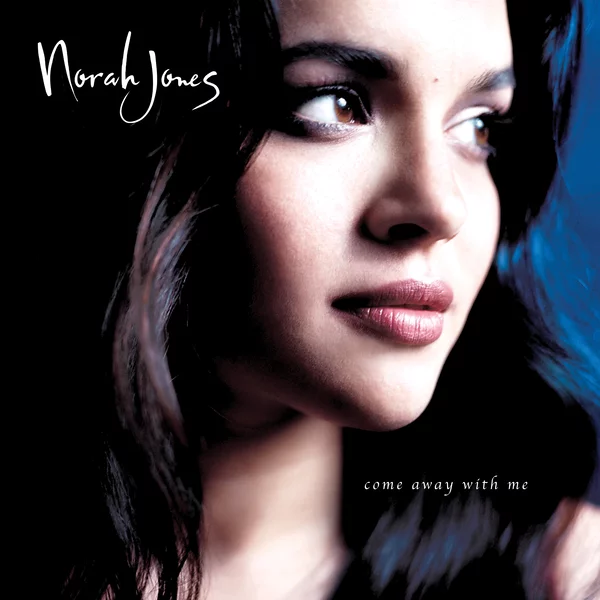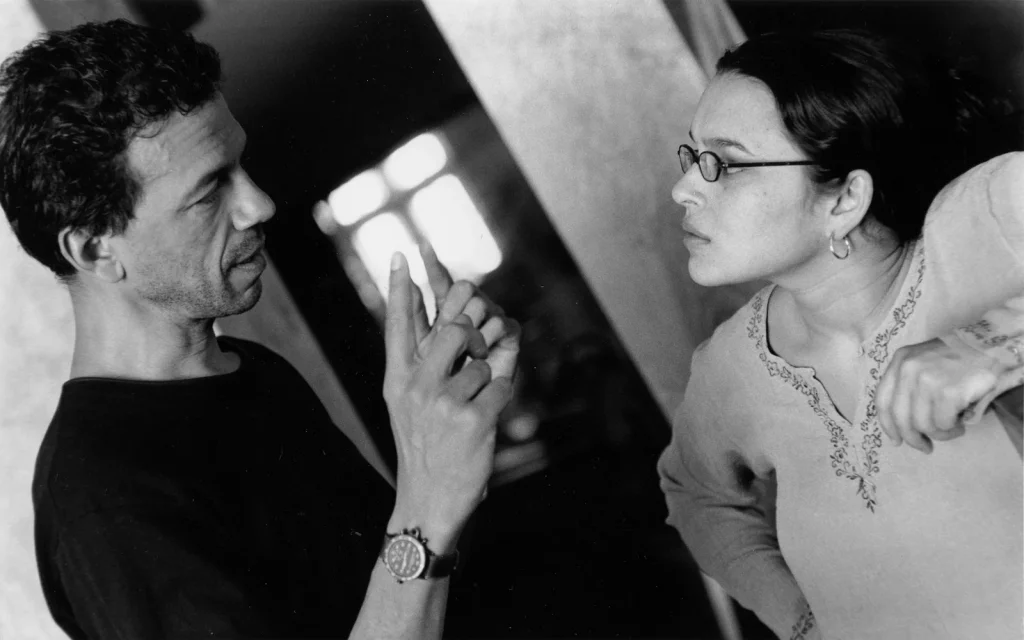Culture
Norah Jones reflects on 20 years of ‘Come Away With Me’
By: Ann Powers I Nate Chinen I Robin Hilton I NPR
Posted on:
It’s the album you’ve heard a thousand times “standing in line at Starbucks,” as WBGO and Jazz Night In America’s Nate Chinen jokes in this deep dive into Norah Jones’s 2002 debut, “Come Away With Me.” Despite the familiarity of this unclassifiable, jazz-steeped classic, a new super-deluxe reissue reveals the stories – and song versions – most listeners don’t know. Discovered mere months after arriving from Texas to try her luck in the eclectic downtown New York singer-songwriter scene, Jones essentially made three versions of the album that would go on to sell more than 27 million copies worldwide.
In this special edition of All Songs Considered, Chinen talks with Jones about her sometimes challenging, but ultimately golden, first recording sessions in the studio, and critic Ann Powers and host Robin Hilton join him to discuss the album’s evolution, impact and staying power.
You can hear the full conversation with using the audio player at the top of this page. Read edited highlights from Norah Jones below.
On first meeting with Blue Note Records and label president Bruce Lundvall
“When Shell White brought me in to meet with them, I brought in my three-song demos, two of which were jazz standards and one was a song I had recorded for Jesse, one of his songs. Bruce had white hair and a white beard, a full suit — in my mind he always had on a three-piece suit. Maybe it wasn’t a three-piece suit. Maybe it was just a regular suit, but he was always dressed to the nines. And the Blue Note office was beautiful, there was a piano in the lobby and they had this high, arched ceiling. It was beautiful, but I was sweaty. I remember being really sweaty, I think because I’m just sweaty, especially in New York when you’re taking the subway and hustling around town, and you always get hot. But he was just really nice and he listened to the first two songs. He he was really impressed that I sang ‘Spring Can Really Hang You Up the Most.’ He seemed kind of surprised by that.”

(Courtesy of the artist)
On what Bruce Lundvall thought of Norah’s demo:
“I think he was impressed by it. And the second [song on it] was like an old standard. I think he liked that I played piano. And then I sang a Jessie [Harris] song, ‘World of Trouble.’ I just threw that on there for some variety because Jesse had asked me to sing some of his songs for some demos. And [Bruce] was like, ‘Well this is not really a jazz song. What do you want to be, a jazz singer or a pop singer?’ And I was like, ‘Uhhh, jazz singer!’ I didn’t know what to say. You know, I’d been saying ‘jazz singer’ for so long at that point. Also [Jesse’s] song was not a pop song. Maybe in the ’70s it would have been a pop song, but it didn’t really strike me as a pop song.”
On Blue Note rejecting the first version of the album recorded with producer Craig Street at Allaire Studios:
“So, whenever we finish these mixes, I just … I didn’t really understand what it was about it, but I thought maybe I didn’t sing very great. I didn’t love the way I sounded on them, and there was a ton of guitar. The guitars were all really loud. With two guitar players, at times it was just not balanced for what I wanted.
Bruce was given the 21 songs [we recorded at Allaire] with these funky mixes, and after a week I didn’t even hear from him! I had a pit in my stomach and my manager at the time, Shell, called me and said that they rejected the record. And I didn’t even know what that meant. You know, I was like ‘What?’ [But] I was kind of relieved because I also knew that it wasn’t quite right. I was also just scared that I was going to lose the deal and it was over.”

(Lourdes Delgado)
On revisiting the rejected recordings, with Craig Street, for the new 20th-anniversary edition:
“It definitely was never a failed experiment. I think it might have just tipped a little too far in one direction and having a tip back a little was all it needed. But Craig was never given the opportunity to help me do that. I think if Craig had been given the opportunity to help me make the finished record, maybe another session with maybe less reverb or whatever, I think we would have made a great record. But I think there were some politics at play behind the scenes that I don’t really know much about — I think Bruce was getting a lot of pressure from the people up high and I don’t really know exactly what was going on behind the scenes. But knowing what I know now about making records, it would have been so easy for me and Craig to go back in and remix some stuff and take the guitars down and add some E-Q on the vocals. It wasn’t a hard job. So, given the opportunity to do that [for the 20th anniversary], it was kind of mind-blowing. It was so fun. We got to finish it together. He remixed it with Tony Maserati, and it was healing, because I think it was, for me, obviously, [the record Blue Note ultimately released] seemed like fate. And this is how it was meant to be. But for Craig, it was a bummer to have the record taken away from him. I’m sure of it.”

